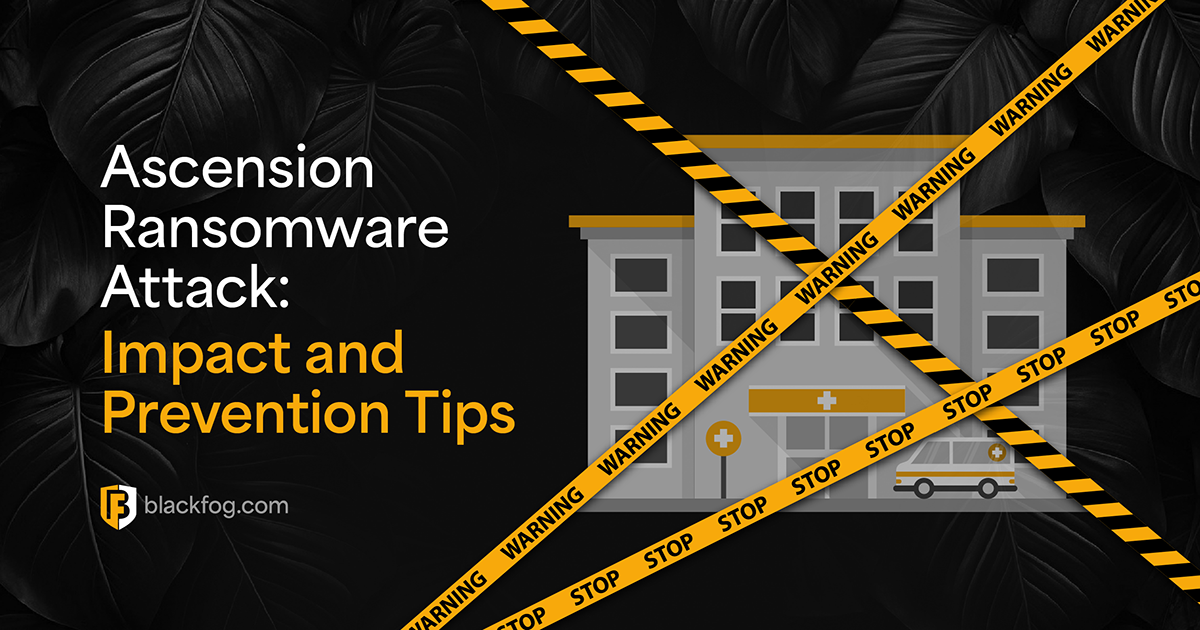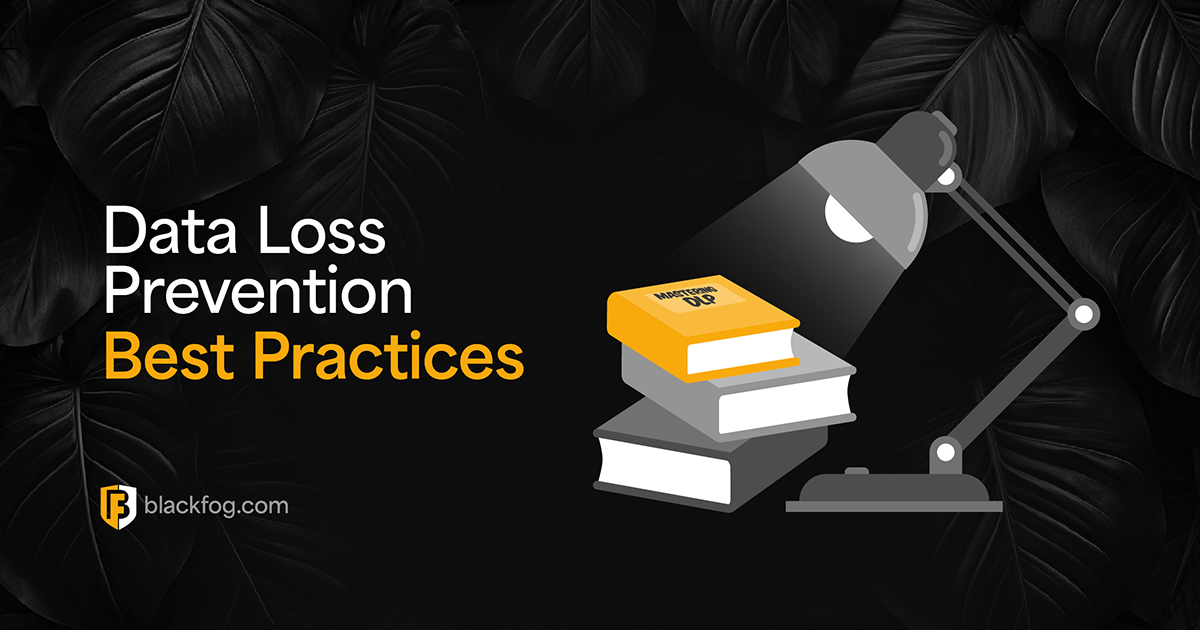
New BlackFog ARM 64 edition maximizes performance, battery life and data security
Cheyenne, Wyoming – September 22, 2021 – BlackFog, the leader in on-device data privacy, data security and ransomware prevention, today announced the release of BlackFog for Windows on ARM 64 processors such as Microsoft’s Surface Pro X and Windows virtual machines running on the M1 processor, its latest offering to provide data privacy and cybersecurity solutions for Windows.
Windows 10 and Windows 11 on ARM 64
This new release introduces compatibility with ARM processors in response to the increase in devices now adopting these computing architectures. With support for both Windows 10 and Windows 11 on ARM 64, BlackFog runs natively on every device, maximizing performance, battery life and ultimately the security of data by preventing data loss, data profiling and data collection.
“BlackFog is helping organizations globally to finally win the fight against ransomware and other cyberattacks so it is an important step for us to extend our anti data exfiltration technology to all devices and processing systems,” said BlackFog founder and CEO, Dr. Darren Williams. “This expansion to ARM processors is only the beginning of continued innovation and increased support we plan to offer to both the individual users and enterprises we assist.”
Anti Data Exfiltration (ADX) Technology
Using BlackFog’s unique approach to cybersecurity – anti data exfiltration (ADX) – the latest release is able to prevent all modern cyberattacks. Unlike traditional approaches that focus on perimeter defense or fingerprinting, BlackFog monitors the data leaving the device and uses behavioral analysis to detect anomalies and stop cyberattacks, including ransomware in real-time.
With this latest release, BlackFog now offers support for Surface Pro X, M1 based virtual machines, Windows 11, Windows 10 and Edge 2 browsers. Additional features also include a decreased memory footprint, improved Excel export, process deny listing, domain name collection and subnet allow listing.
About BlackFog
Founded in 2015, BlackFog is a global cybersecurity company that has pioneered on-device anti data exfiltration (ADX) technology to protect companies from global security threats such as ransomware, spyware, malware, phishing, unauthorized data collection and profiling. Its software monitors enterprise compliance with global privacy regulations and prevents cyberattacks across all endpoints. BlackFog uses behavioral analysis to preemptively prevent hackers from exploiting vulnerabilities in enterprise security systems and data structures.
BlackFog’s preventative approach to security recognizes the limitations of existing perimeter defense techniques and neutralizes attacks before they happen at multiple points in their lifecycle. Trusted by corporations all over the world BlackFog is redefining modern cyber security practices.For more information visit www.blackfog.com
Related Posts
Fast Flux Attacks Explained and How to Prevent Data Exfiltration
Find out how "fast fluxing," a technique used by cybercriminals and rogue nations to hide their online actions, poses a risk to national security and how BlackFog's technology stops sensitive data from being stolen.
Black Basta Ransomware: Protection, Prevention, and Recovery Guide
Learn how to stay safe from Black Basta ransomware group with advice on how to spot, prevent, and recover from attacks. Understand how these attacks work, explore real-life examples, and discover strategies to protect against ransomware.
Ascension Ransomware Attack: Impact and Prevention Tips
Learn how the Ascension ransomware attack disrupted healthcare services, the financial consequences, and the cybersecurity lessons it taught. Also receive advice on protecting patient data and preventing similar attacks in the future.
Essential Data Loss Prevention Best Practices Every Firm Should Know
Following these seven data loss prevention best practices can help any firm reduce the risk of falling victim to threats like ransomware.
BlackFog Report Reveals Record Number of Ransomware Attacks from January to March
BlackFog reports a record-breaking surge in ransomware attacks Q1 2025, with 278 disclosed cases and a 113% rise in undisclosed incidents.
AI for Network Security and Monitoring: Enhancing Cyber Defense
What opportunities do AI ransomware protection tools offer to cybersecurity pros?






